CRM Selection, Administration & Strategy - CRM Strategy & Tool Selection
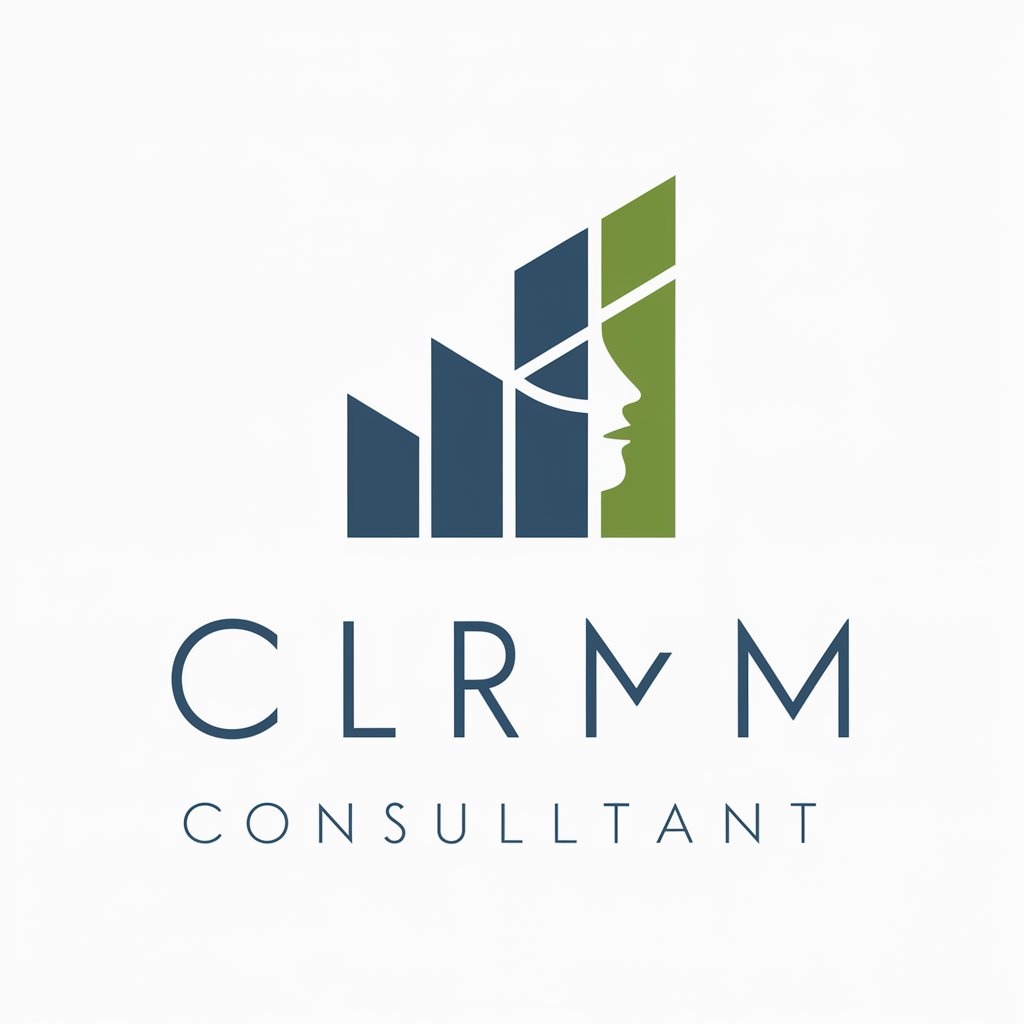
Welcome! How can I assist you with CRM solutions today?
Empowering businesses with AI-driven CRM insights
What are the key features to look for in a CRM tool for small businesses?
How do different CRM tools compare in terms of user experience and customization options?
What strategies can enhance CRM implementation and user adoption?
What are the latest trends in CRM technology and how can they benefit businesses?
Get Embed Code
Overview of CRM Selection, Administration & Strategy
The realm of CRM Selection, Administration & Strategy encompasses a specialized focus on optimizing the selection, deployment, and ongoing management of Customer Relationship Management (CRM) systems. It's designed to guide businesses through the intricate process of choosing the right CRM platform, configuring it effectively, and leveraging its capabilities to fulfill strategic business objectives. This involves a deep understanding of a company's unique requirements, customer engagement strategies, and long-term goals. For example, a business aiming to enhance its customer service might use this service to select a CRM with strong service automation and customer feedback analysis tools, ensuring that the CRM aligns with their objective of improving customer satisfaction and retention. Powered by ChatGPT-4o。

Core Functions of CRM Selection, Administration & Strategy
Strategic CRM Planning
Example
Determining the optimal CRM system that aligns with a company’s sales, marketing, and customer service strategies.
Scenario
A business may need to streamline its sales process and improve lead tracking. The strategic planning function would involve analyzing the business's sales workflow, identifying bottlenecks, and selecting a CRM that offers robust sales automation and lead management features to enhance sales efficiency and visibility.
CRM System Configuration
Example
Customizing the CRM platform to fit the specific operational needs, workflows, and user roles within an organization.
Scenario
In a scenario where a company requires a customized dashboard for different user roles, this function would entail configuring the CRM to provide sales reps, managers, and executives with tailored dashboards that display relevant data and KPIs, thereby optimizing user engagement and data utilization.
Ongoing CRM Optimization
Example
Regularly updating and refining the CRM setup to keep pace with the evolving business landscape and emerging market trends.
Scenario
Consider a company that expands its product line and enters new markets. The ongoing optimization function involves regularly updating the CRM to incorporate new sales territories, product categories, and customer segmentation, ensuring the CRM remains an effective tool for the dynamic business environment.
Target User Groups for CRM Selection, Administration & Strategy
Small to Medium Enterprises (SMEs)
SMEs benefit significantly as they often lack the in-house expertise to select and administer complex CRM systems. Tailored advice and strategic planning can help them leverage CRM technologies effectively, ensuring they can compete with larger enterprises by enhancing customer engagement, streamlining sales processes, and improving operational efficiency.
Large Corporations
These entities typically require sophisticated CRM systems due to their complex organizational structures and the scale of customer interactions. The service aids in selecting scalable, customizable CRMs that integrate seamlessly with existing enterprise systems, facilitating enhanced data analytics, comprehensive customer insights, and improved strategic decision-making.

Guidelines for Using CRM Selection, Administration & Strategy
Start Your Journey
Initiate your exploration by visiting yeschat.ai to access a free trial without the necessity for login credentials, bypassing the requirement for a ChatGPT Plus subscription.
Identify Your Needs
Clarify your business requirements and objectives. Understand the size of your customer base, your marketing strategies, and the level of customer service you aim to provide. This step is crucial for selecting the right CRM tool.
Evaluate CRM Features
Compare the features of different CRM tools. Focus on usability, scalability, integration capabilities with your current systems, and mobile access. Consider tools that offer customization to align with your specific business processes.
Implement and Train
Once selected, implement the CRM tool into your business processes. Provide comprehensive training for your team to ensure they are proficient in using the CRM effectively, which is essential for maximizing its benefits.
Monitor and Adapt
Regularly review the CRM's performance and the feedback from your team. Be prepared to adapt and make changes to your CRM strategy to continually improve customer relationships and business outcomes.
Try other advanced and practical GPTs
Staff Onboarding Guide
Empowering seamless employee integration with AI.
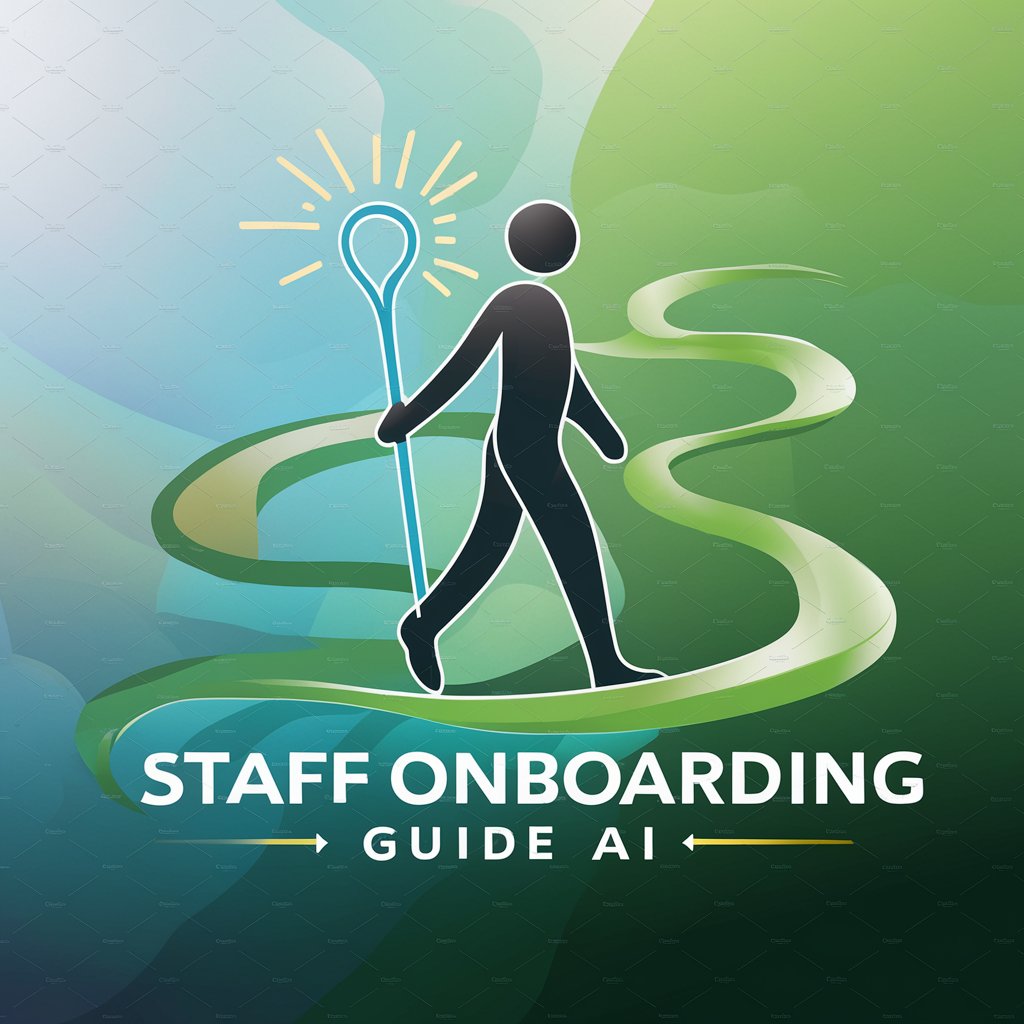
Stop Porn Mentor
Empowering your journey to overcome porn addiction with AI.

Conceptøpedia
Expand Your Ideas with AI

Master Cicerone
Elevate Your Beer Experience with AI
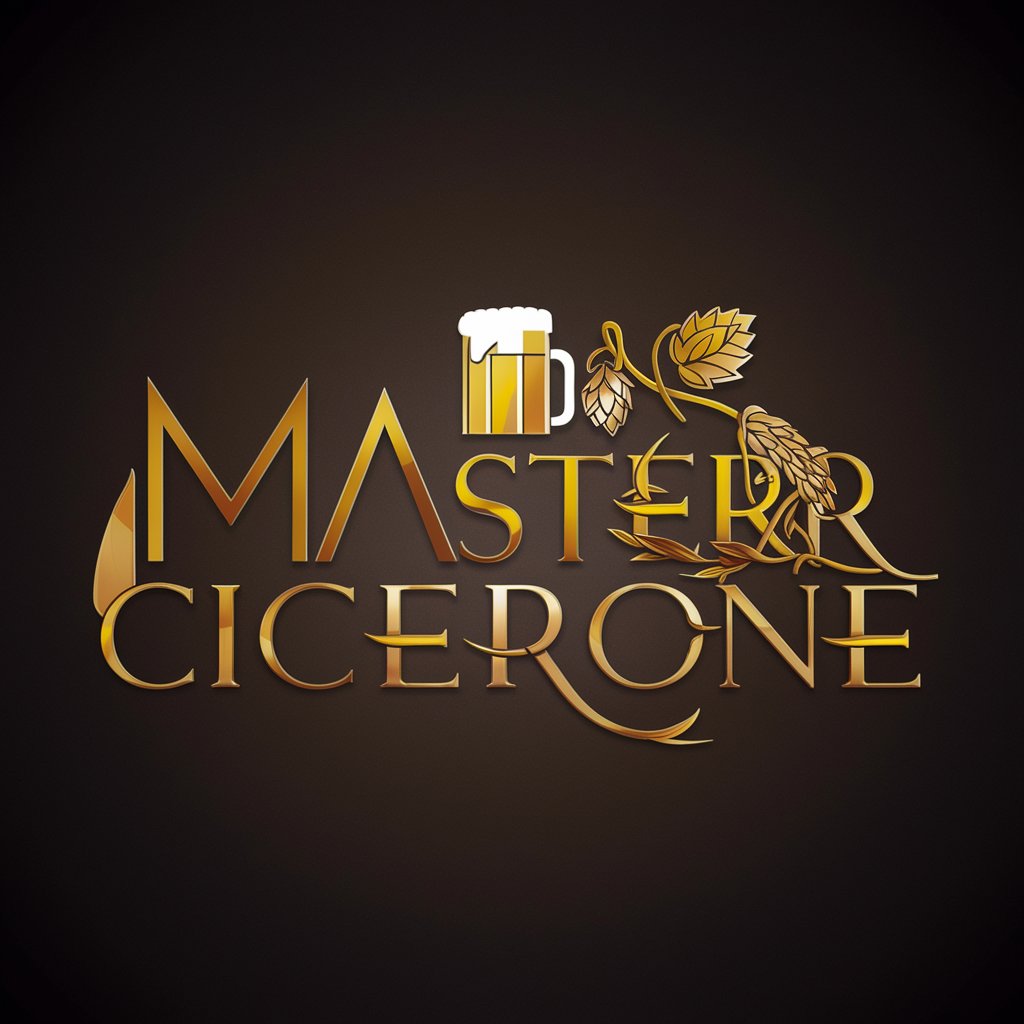
TwoShot Music Assistant
Revolutionizing Music Creation with AI
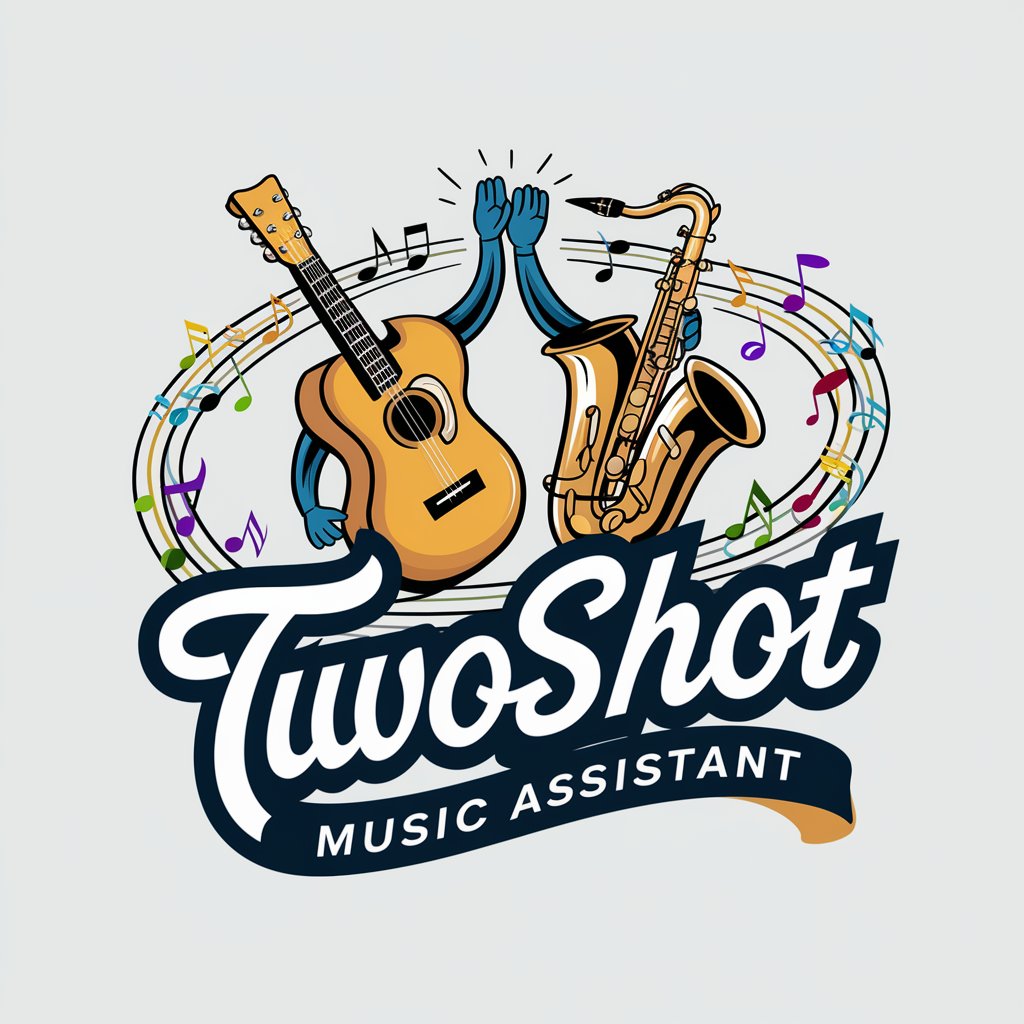
Engineering GPT
Empowering Engineering with AI

Go for it, stranger
Inspire your life with AI-powered positivity

Travel Concierge
AI-Powered Personalized Travel Advice
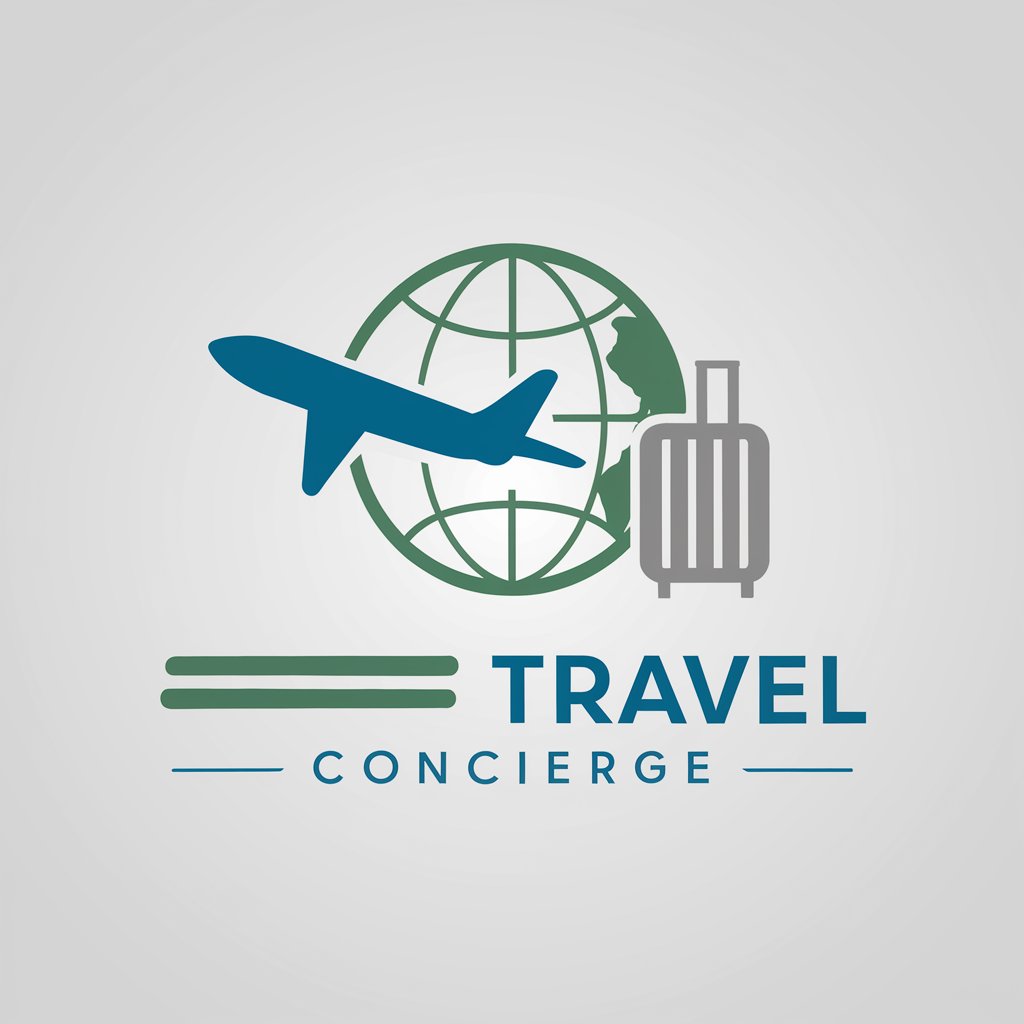
AdCraft Writer
Crafting Your Message, Powering Your Ads

Explorador Etimólogo
Unveil the history behind words with AI.
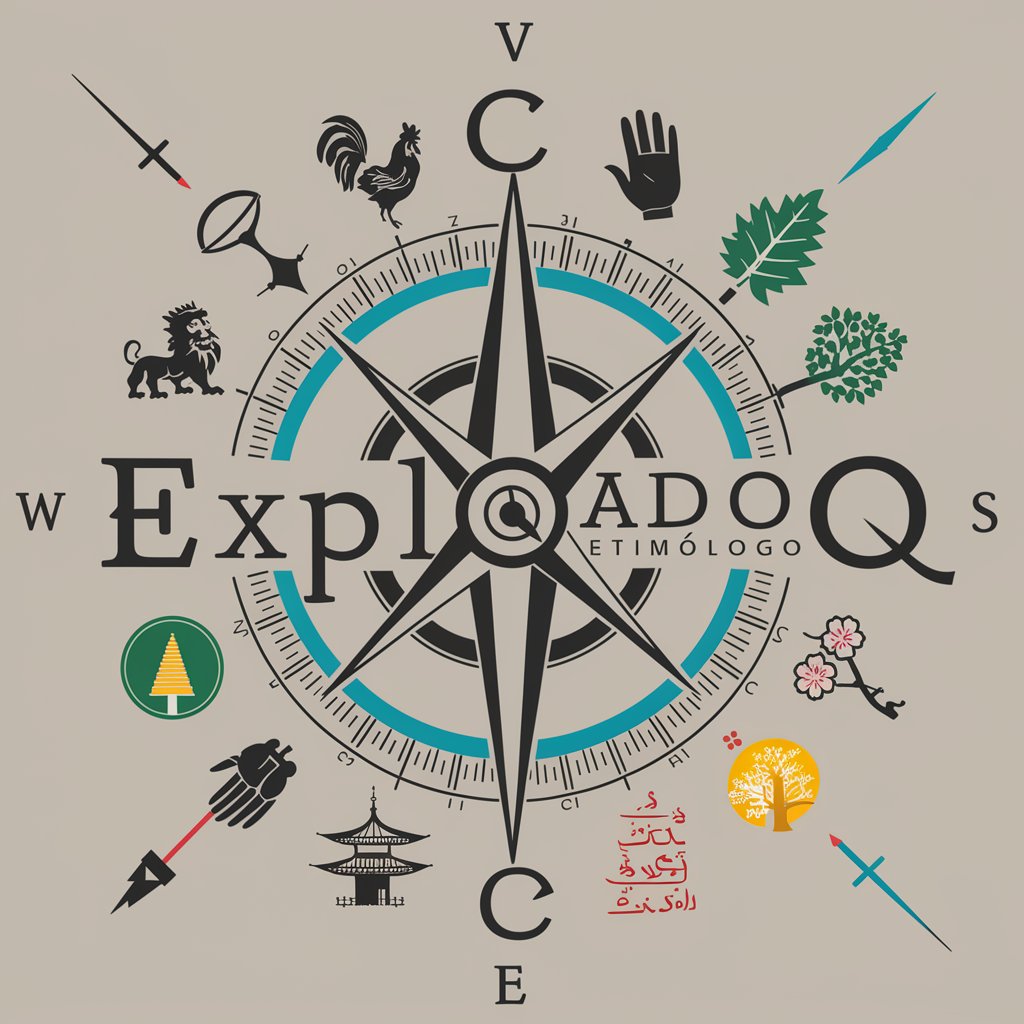
Special Forces Tourism Guide
Maximize Adventures, Minimize Time.

PFAS GPT
Empowering PFAS knowledge with AI
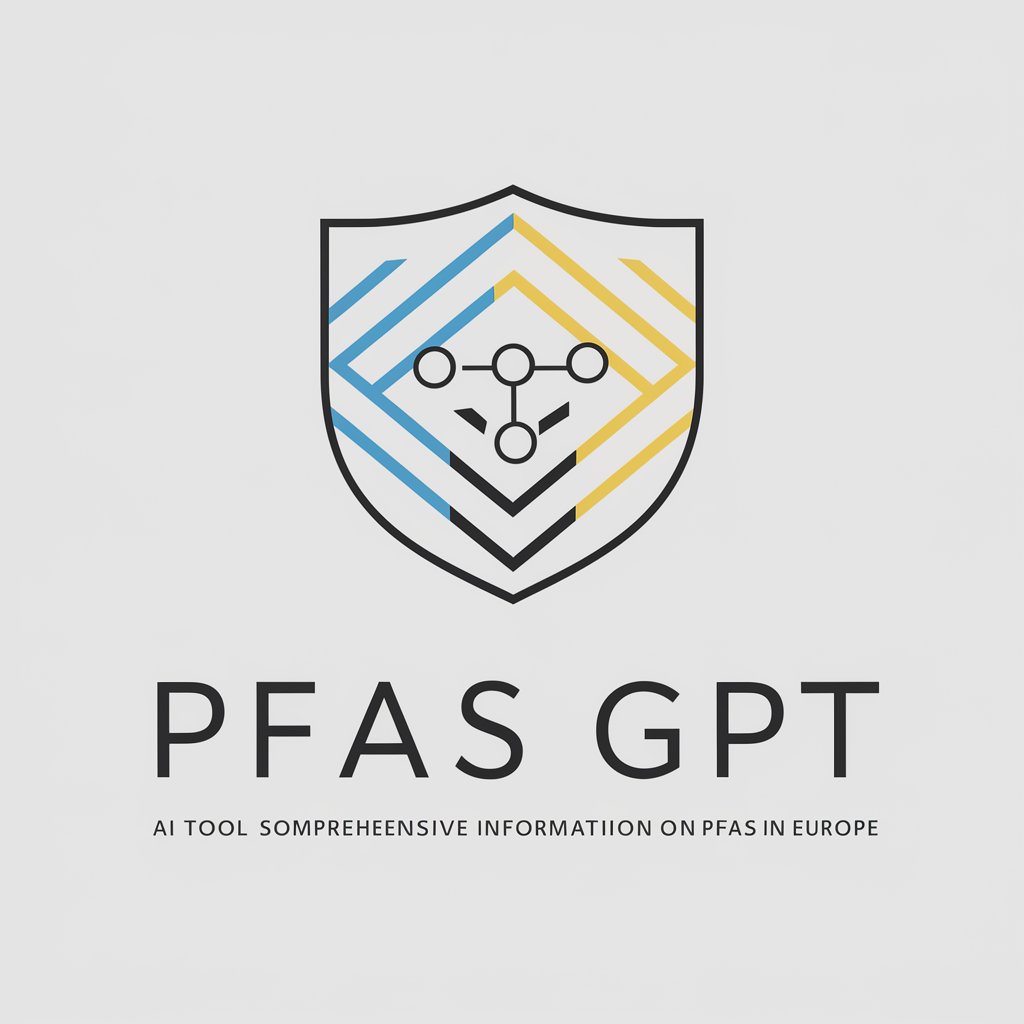
In-depth Q&A on CRM Selection, Administration & Strategy
What are the key considerations when selecting a CRM tool?
Key considerations include understanding your business size, customer interaction volume, and specific needs such as sales force automation, customer service, and marketing automation. Evaluate potential CRM tools based on their ability to scale, integrate with existing systems, and offer user-friendly interfaces.
How does CRM strategy impact business performance?
A well-implemented CRM strategy improves customer relationships, leading to increased customer loyalty and sales. It enables businesses to personalize their marketing efforts, efficiently manage sales pipelines, and provide superior customer service, all of which significantly impact the bottom line.
Can you provide tips for effective CRM administration?
Effective CRM administration involves regular data cleansing to ensure accuracy, providing ongoing training to users, customizing the CRM to fit business processes, and continually assessing the CRM's impact on business goals to make necessary adjustments.
How do CRM tools integrate with existing systems?
CRM tools often offer APIs and middleware solutions that allow for integration with existing business systems such as ERP, email marketing platforms, and social media channels. This integration is crucial for streamlining processes and ensuring a single source of truth for customer data.
What are the emerging trends in CRM technology?
Emerging trends include the use of artificial intelligence for predictive analytics, enhanced personalization, and customer service automation. Additionally, the importance of mobile CRM access and integration with IoT devices are becoming key factors in providing real-time, contextual interactions with customers.
